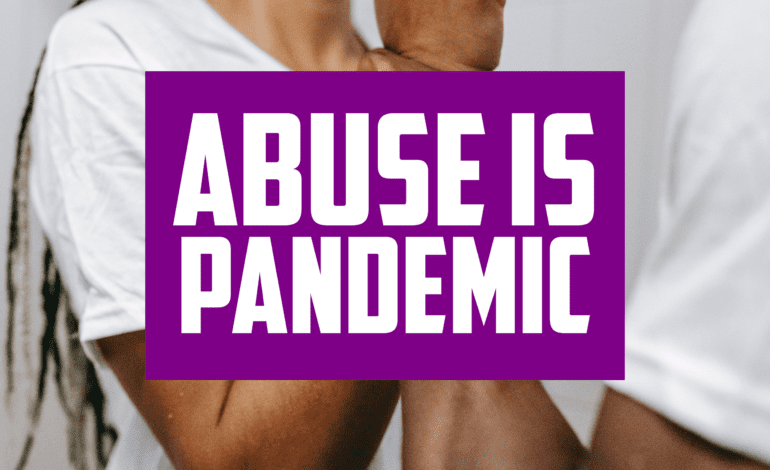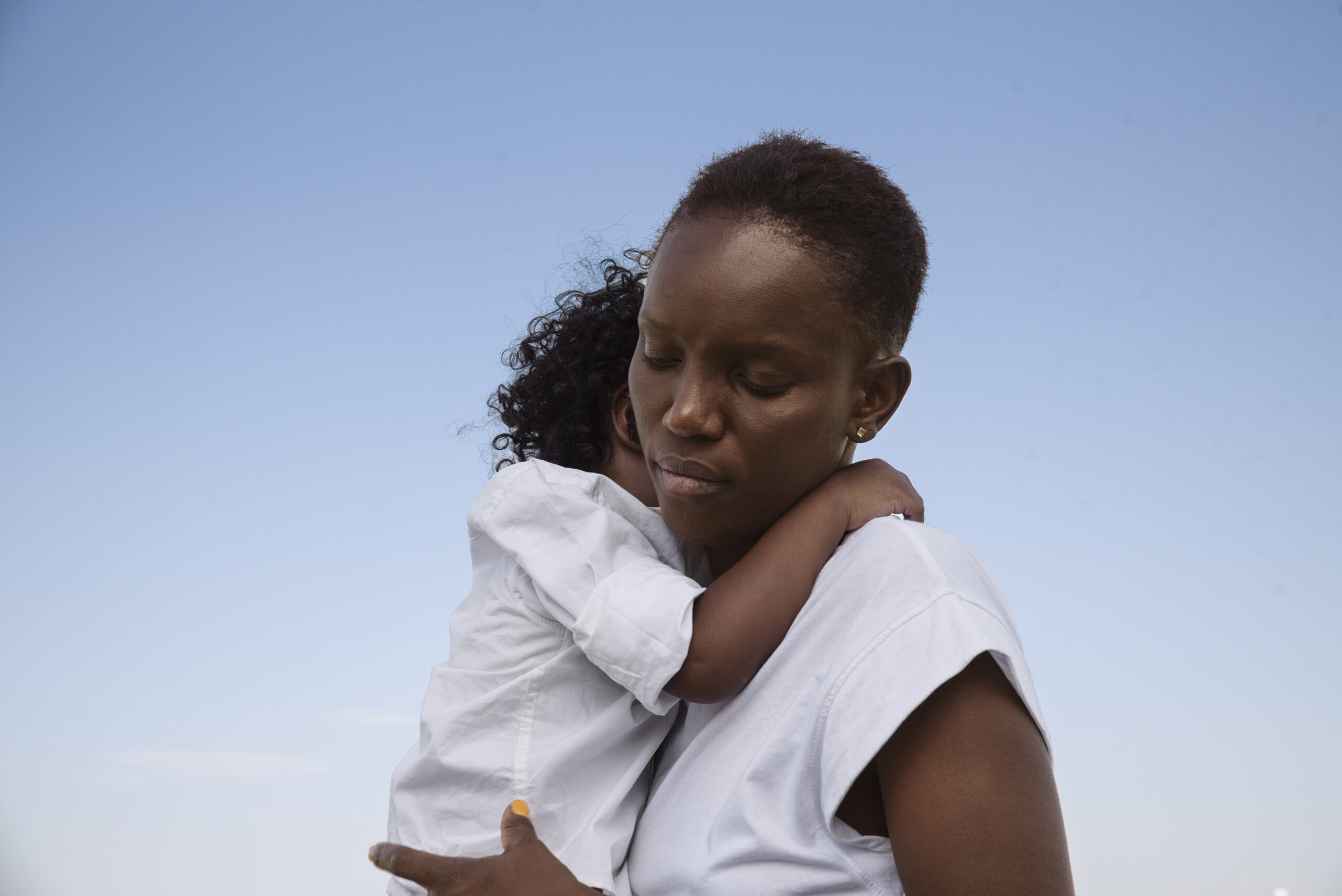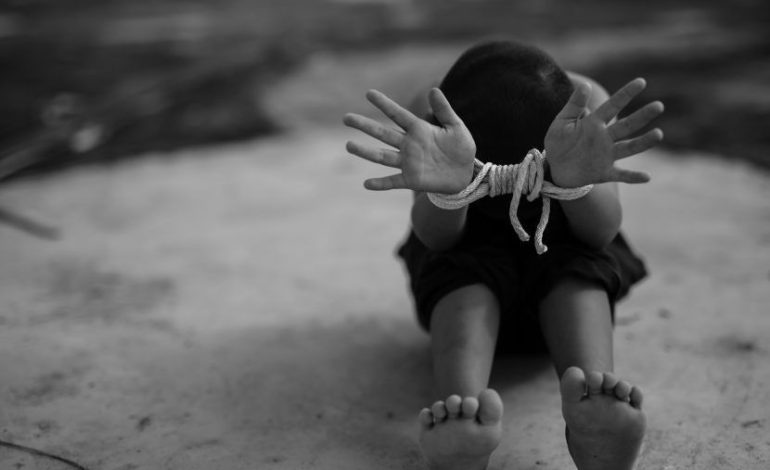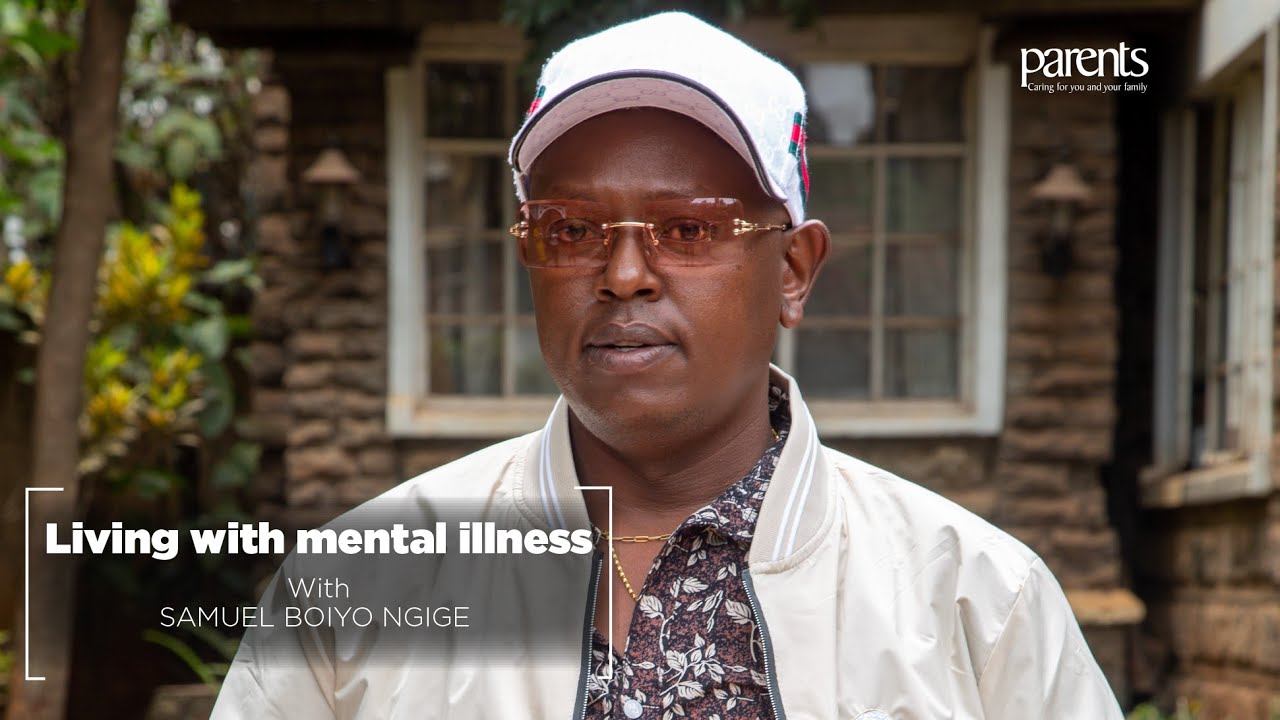BREAKING THE CYCLE: ADDRESSING ABUSE AS A COLLECTIVE RESPONSIBILITY

In a society that is woven by the threads of relationships, the disturbing prevalence of abuse is a lot more than just unsettling. Often, the responsibility to address and mitigate this behavior is seen as a personal or private matter, something for the two involved to address; but the reality is that it is a collective responsibility. The real issue at hand is not just the act of abuse itself, but the silence and inaction of those who could intervene – an incitation.
The role you play in addressing abuse is pivotal. In a diverse way from what you do professionally to who you hang around when you’re off work; we all have a unique opportunity to challenge and change the narrative around abuse. Because you see, the abusers are also among us, from our friends to workmates to even family, and this unique placement makes it your duty to help, a social responsibility. By actively standing against this behavior, you can set a precedent, demonstrating that abuse in any form is unacceptable. But it’s even more important that you understand that this is not about assigning blame but about recognizing the power of influence. When we choose to speak up and act against abuse, it sends a powerful message that resonates throughout the community, it inspires more to do the same.
But perhaps even more importantly we need to acknowledge that abuse takes many forms – it’s not always physical. Emotional, psychological, or financial abuse; with each of these forms being equally damaging, often leaving scars that are invisible but profoundly ached. Understanding and recognizing these forms of abuse are crucial steps in addressing the problem. It’s important to acknowledge that abuse is not limited to one gender or age group; it affects individuals across the spectrum and while the conversation of prevalence and safety among specific groups is key, addressing it as a problem that risks the safety of the entire community is left out.
The Impact of Inaction
The consequences of ignoring or enabling abusive behavior are far-reaching, like a boomerang, the chances that it will directly come back to bite you increases. It not only perpetuates the cycle of abuse but also normalizes such behavior in society. Children who grow up witnessing abuse, whether direct victims or not, may come to accept it as a norm, which can lead to a perpetuation of this cycle in future generations. Therefore silence while your friends are abusive means that their children get affected; their interaction with your children further instigate it just as an example. Inaction contributes to the culture we are trying so hard to abandon, one where silence, stigma and ridicule are louder, making it harder for victims to seek help and support. You become as guilty as the abuser if you are aware and choose to do nothing about it.
Taking Responsibility: Beyond Family Ties and Friendships
Taking a stand against abuse requires courage, especially when it involves going against family ties or friendships or even in a work setting. However, prioritizing the well-being of the community must come first because the community encompasses a lot more than strangers but an extension of ourselves and those we care about. This means actively having difficult conversations around stories of abuse, intervening when witnessing abusive behavior even reporting to people who are able to do more, and supporting victims in seeking help. It’s about creating a culture where respect and safety are paramount, and where abuse in any form is unequivocally denounced. Wouldn’t you like it if you didn’t have to worry about your safety or respect? Wouldn’t you want the same for your family and friends?
Creating Safe Spaces and Support Systems
To effectively combat abuse, it’s essential to create safe spaces where victims can speak out and seek help without fear of judgment or retribution, through how you speak and your thoughts on these topics, actively cultivate that your friends are welcome to seek help from you. Support systems, including counseling services, legal assistance, and educational programs, play a critical role in helping victims heal and rebuild their lives.
In the ongoing effort to effectively combat abuse, it is crucial to establish safe environments not only for victims but also for those who have perpetrated abuse and are seeking to change. These safe spaces are essential for allowing open, honest communication and assistance without fear of judgment or hostility. By how we communicate and express our thoughts on these sensitive issues, we can foster an atmosphere where friends and community members feel comfortable seeking help.
Equally important is the development of support systems that cater to both victims and abusers. For victims, these systems, including counseling services, legal assistance, and educational programs which are vital in facilitating their healing and helping them rebuild their lives. For abusers, these support systems should offer rehabilitation services, imparting knowledge and skills that encourage positive behavioral change and personal growth. This acknowledges the complexity of abuse and recognizes that effective solutions require addressing the needs of all involved parties, promoting a healthier, more compassionate community, and not one that rushes to shun and punish .
The fight against abuse is a collective responsibility, one that requires the active participation of everyone, yes you included. By breaking the silence and taking a stand, we can help dismantle the structures that allow abuse to thrive. It’s about creating a society where respect, empathy, and kindness are the foundations of every relationship, and where we all feel safe and valued. Let’s work together to break the cycle of abuse and build healthier, happier communities. The more involved you are around these conversations, the more your impact, the safer the community. Let us know what you think in the comments below.







